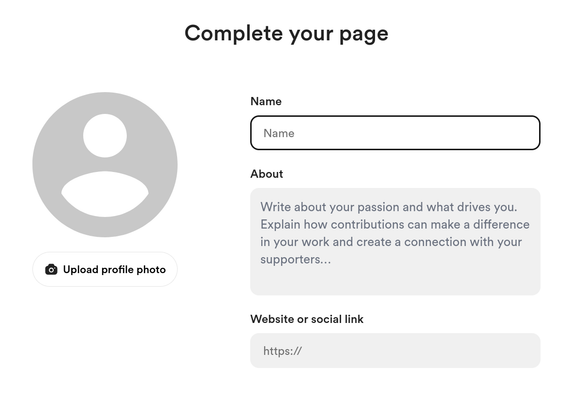RE: https://techhub.social/@shantini/115957020152303871
Being a marketer shaped my progressive politics more than I expected precisely because of this.
Once you see how much effort is being spent on marketing certain worldviews to you and how much of that can be studied, analyzed, and replicated - you can’t unsee it.
And you see the power that’s available for all of us to tap into to push back. The same kinds of marketing and communication tactics used against us can be used to amplify science, art, pro-social values, and progressive policy.
The right has been waging a coordinated campaign of swaying public opinion since at least the birth of the Federalist Society and backlash to Roe.
Their legal influence required creating an information and media apparatus that influenced first elite professional networks, then the public at large.
(For a recent example, just look at how much LLMS and AI have been relying on constant marketing and media attention for anyone to believe that these tools are “inevitable” or even “useful”. Their marketing and PR departments work very hard and are very well funded. For a reason.)




